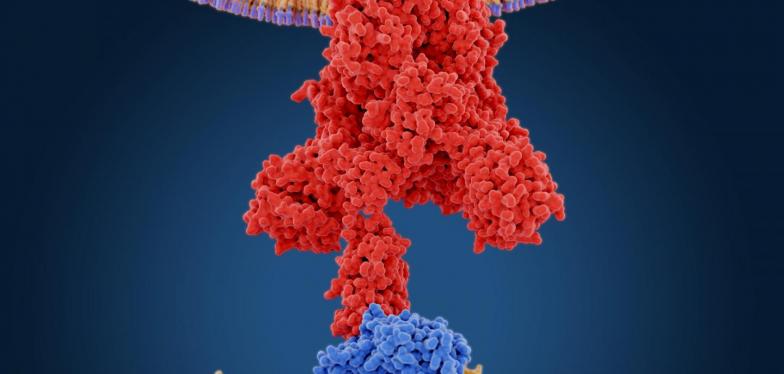Protein brings hope for coronavirus treatment
Researchers from the University of Louvain have identified a specific protein, integrin beta-1, which is capable of acting against viruses. Such a discovery could also make it possible to develop a treatment for coronavirus.

Thanks to equipment and a unique expertise in atomic force microscopy, Professor David Alsteens' team from the University of Louvain has just discovered the role played by the integrin beta-1 protein in the development of viruses within cells.
In practical terms, using atomic force microscopy, the Belgian researchers have been able to "bind" a virus to the end of a very fine point in a laboratory, with the aim of making it interact with a host cell. This has enabled the identification of the "lock", i.e. the cell receptor, and the "key", i.e. the protein used by the virus to enter. By mastering this new lock and key, it is now possible to shut the door on viruses more easily.
This study by the University of Louvain, published in Nature Communications opens up new perspectives for the development of effective antiviral therapies against viruses such as coronavirus. Furthermore, this scientific breakthrough offers a glimpse of new cancer treatments based on the use of viruses as genetic vectors.
In the fight against this pandemic, our researchers are tirelessly continuing to make their contribution to its eradication.